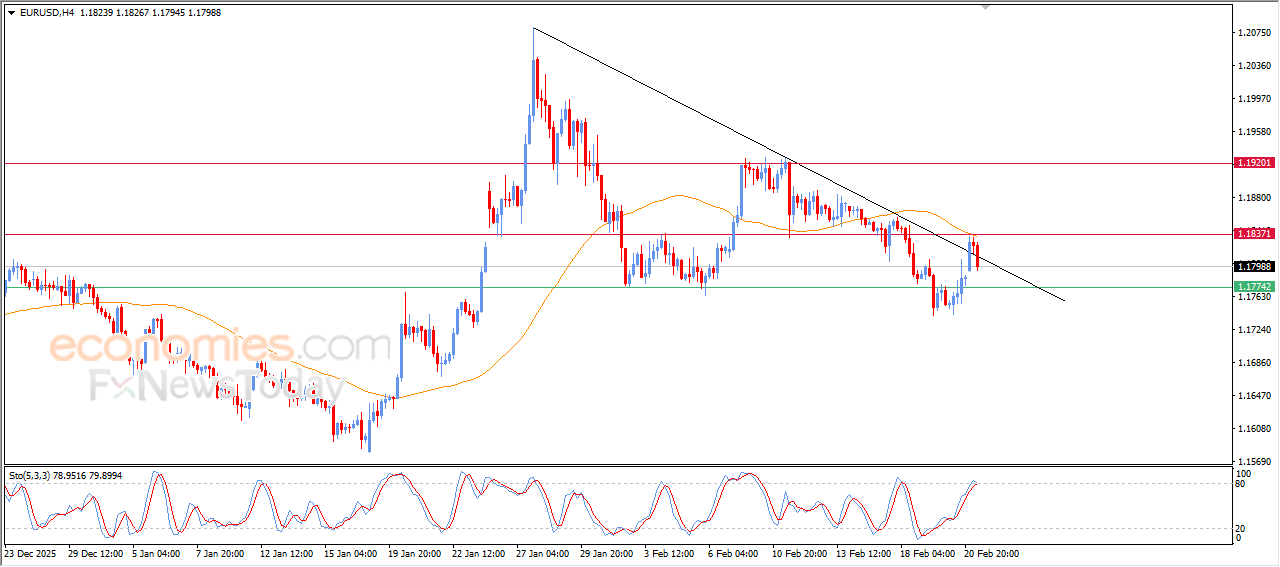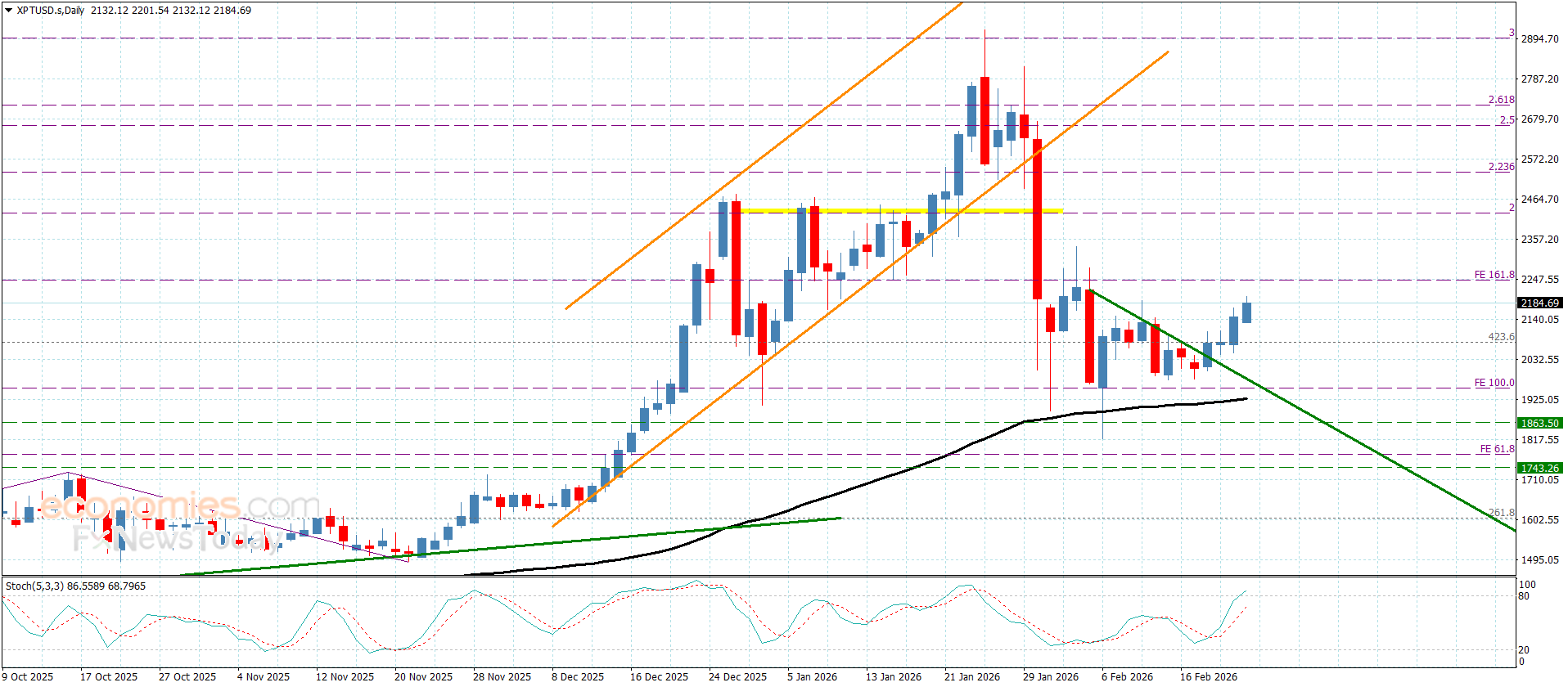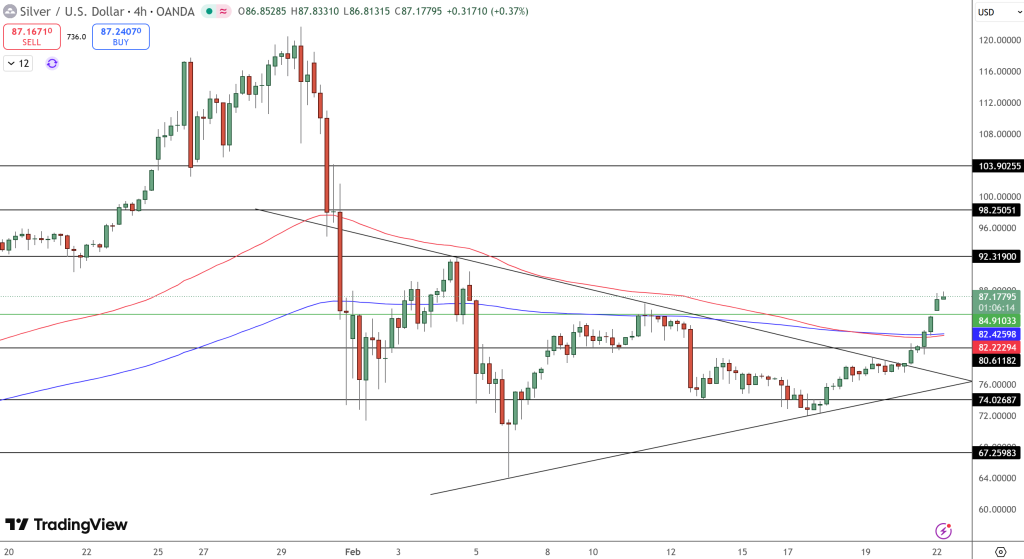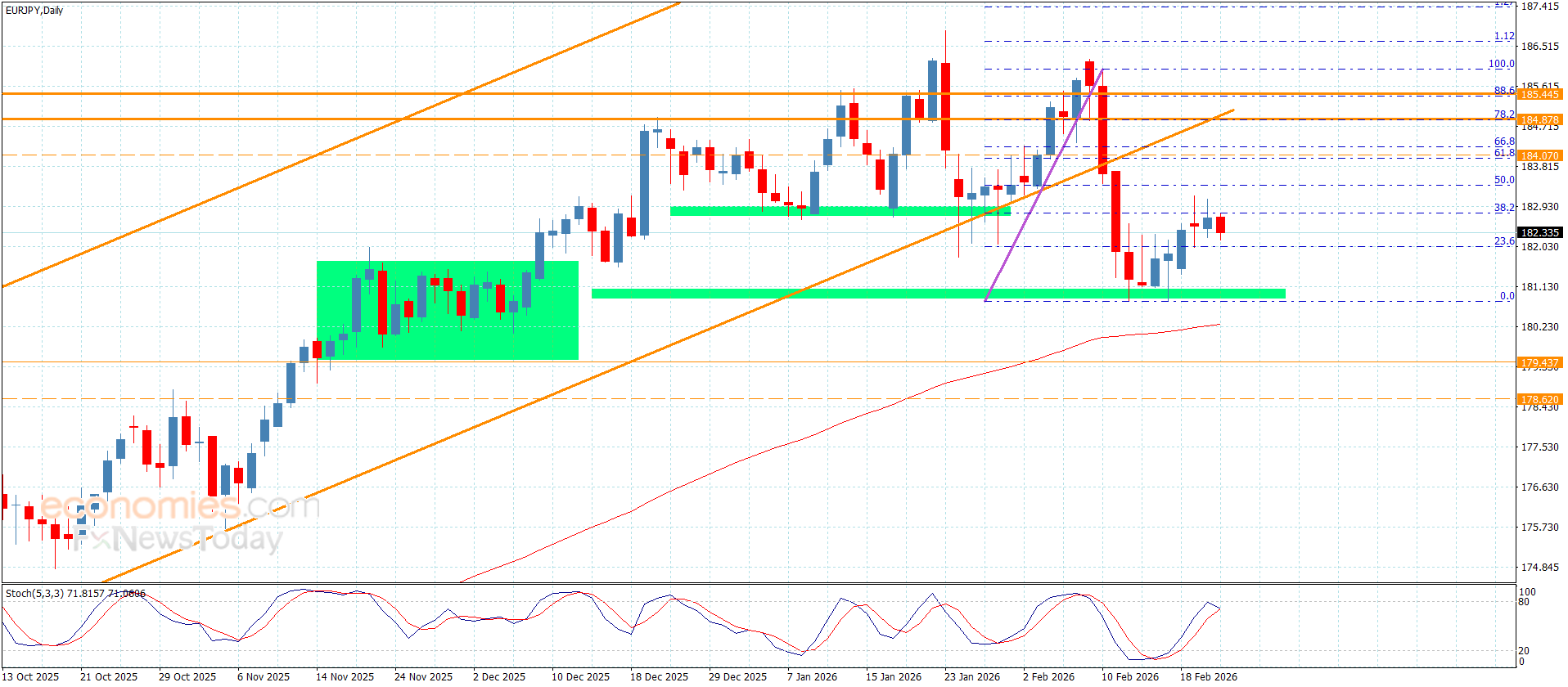Category: Forex News, News
Oil prices jumped $5: Oil prices today: Where is crude heading after Israel attacks Iran – key points to note
The latest developments come as Israel reportedly targeted Iran’s nuclear sites and senior military commanders, prompting retaliatory drone attacks from Iran. According to Israel’s military, over 100 drones were launched by Iran in response. The rising instability has rattled global markets, increased investor anxiety, and sent gold prices to their highest level in nearly two months, signaling a classic flight to safety.
Oil Price Surge – June 13, 2025
- Brent crude rose by $5.25, or 7.6%, to $74.61 per barrel as of 12:15 GMT, reaching an intraday high of $78.50, the highest level since January 27, 2025.
- WTI (West Texas Intermediate) climbed $5.57, or 8.2%, to $73.61, hitting a peak of $77.62, the highest since January 21, 2025.
- These were the largest intraday gains for both Brent and WTI since 2022, when Russia invaded Ukraine.
Market Reaction & Economic Impact
- Global equities dropped, with U.S. futures down between 1.5% to 1.8%.
- Investors moved funds to safe havens, boosting gold, U.S. Treasuries, the Swiss franc, and the U.S. dollar.
- War-risk insurance premiums for tankers surged by over 300%, increasing shipping costs.
- The global oil market’s key concern was whether tensions would disrupt traffic through the Strait of Hormuz, a critical route through which 18–20 million barrels per day (or about 20% of global oil consumption) pass.
Analyst Insights
- Goldman Sachs: Factored in a geopolitical risk premium in its summer 2025 oil forecast but assumed no actual disruption in Middle East oil supply.
- Rystad Energy: Predicted the oil rally would be short-lived, with a low probability of all-out war. Analysts noted that nearly all Iranian oil exports go to China, which could be most affected.
- J.P. Morgan: Warned that if escalation continues, oil could spike to $120 per barrel.
- Barclays and ING: Estimated that any disruption in the Strait of Hormuz could push oil prices beyond $100 per barrel.
- Analysts also pointed to OPEC+ spare capacity as a stabilizing factor if supply gets tight.
Why are global oil prices rising so fast after the Israel-Iran conflict?
The benchmark Brent crude price surged over 10% shortly after Israel confirmed the attack, climbing to levels not seen since January. As European markets opened, prices cooled slightly but still held a 5% gain compared to Thursday, trading around $72.80 per barrel. U.S. West Texas Intermediate (WTI) also rose, trading at $73.20.
Although prices remain well below the $100-plus highs seen during Russia’s 2022 invasion of Ukraine, traders are now pricing in potential threats to vital supply routes and oil facilities across the region. The Middle East is home to a significant share of global oil production, and any conflict that puts that at risk sends shockwaves through the market.
Could the Israel-Iran crisis disrupt global oil supply chains?
Yes, energy analysts are warning that this conflict, if it escalates, could disrupt oil flows—especially if Iran targets infrastructure or shipping routes like the Strait of Hormuz. This narrow waterway is one of the most critical chokepoints for global energy supplies, with nearly one-fifth of the world’s oil passing through it daily. According to Saul Kavonic, head of energy research at MST Financial, “What we see now is a very initial risk-on reaction. But over the next day or two, the market will need to factor in where this could escalate to.” Capital Economics analysts say if Iranian production or export facilities are hit, Brent crude could rise to $80–$100 per barrel, depending on the scale of the disruption. However, they also suggest that higher prices could trigger increased output from other oil-producing nations, which might limit the long-term impact.
How are investors and markets reacting to the oil price shock?
The rising oil prices triggered widespread uncertainty across financial markets. Stock markets across Asia and Europe declined, with Japan’s Nikkei closing down 0.9% and the UK’s FTSE 100 index falling 0.4% by mid-morning.
At the same time, “safe-haven assets” like gold and the Swiss franc gained sharply. The gold price jumped 1.2% to hit $3,423.30 an ounce, marking its highest level in nearly two months.
These moves reflect growing investor concern that this latest round of violence could spiral into a wider regional conflict, with unpredictable effects on global inflation and energy supply.
Will petrol prices go up too? What could this mean for consumers?
It’s still unclear whether this spike in crude prices will immediately impact prices at the pump. According to Rod Dennis from the UK’s RAC motoring group, it’s “too soon” to say.
He added that “there are two key factors at play: whether higher wholesale fuel prices are sustained over the coming days and, crucially, the sort of margin retailers decide to take.”
If the conflict continues or worsens, consumers could feel the pinch in the form of higher petrol and diesel prices, especially if disruptions reach the Strait of Hormuz. Rising fuel costs also feed into higher transportation and food prices, which could affect inflation worldwide.
How serious is the risk of a broader Middle East war?
Analysts are warning that the current situation could either calm quickly—or spiral into a broader war. Vandana Hari of Vanda Insights told the BBC, “It’s an explosive situation, albeit one that could be defused quickly, as we saw in April and October last year.”
However, she also warned, “It could also spiral out into a bigger war that disrupts Mideast oil supply.”
If Iran’s oil infrastructure or shipping routes come under serious threat, the global energy market could face a major crisis. With multiple countries relying heavily on oil shipped from the Gulf, any major conflict could send shockwaves far beyond the region.
What happens next in the global oil markets?
Oil traders and analysts will now be closely watching political and military developments. Key questions include whether Iran escalates its response, if other regional powers become involved, and how the U.S. and allies react. At the same time, OPEC and major producers may be forced to consider output changes to stabilize markets.
As the situation unfolds, the global economy faces rising uncertainty—not just over oil, but over inflation, market stability, and energy security.
FAQs:
Q1: Why did global oil prices surge after Israel’s strike on Iran?
Oil prices jumped due to fears that the Israel-Iran conflict could disrupt key Middle East oil supplies.
Q2: Could the Strait of Hormuz be affected by this conflict?
Yes, if tensions rise, Iran might block or disrupt oil flow through the crucial Strait of Hormuz.
Source link
Written by : Editorial team of BIPNs
Main team of content of bipns.com. Any type of content should be approved by us.
Share this article:









